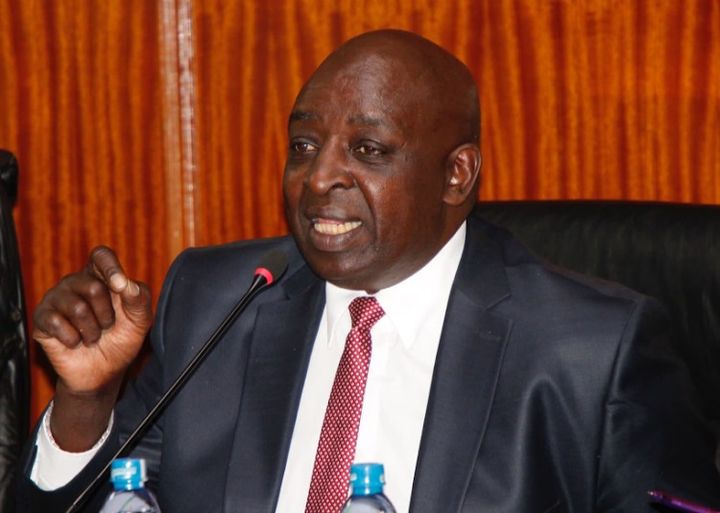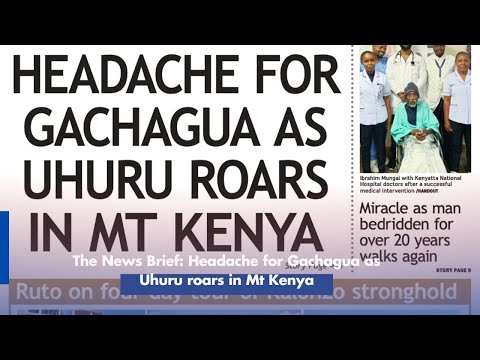
The MP, who is allied to former Deputy President Rigathi Gachagua, warned against rushing the 2027 General Election merely to fulfil a constitutional requirement while relying on what he termed a "bogus IEBC."
Speaking on a local media station on May 20, 2025, Gakuya said there are serious concerns about the credibility of the nominees for the IEBC chairperson and commissioners.
He questioned the inclusion of certain names in the shortlist, calling it suspicious, and emphasised that the matter must be settled in court.
According to Gakuya, the controversy surrounding the last-minute inclusion of some nominees raises major credibility concerns that must be addressed before the process can proceed.
“There was an omission. Why wasn’t that single name presented separately? Why were the other six escorting that particular one? You are putting the whole process into question,” he said.
The MP argued that the Constitution
allows flexibility in election timelines under exceptional circumstances, and
therefore, delaying the polls should be considered.
“I’m saying we better delay the process for a month or two and get a proper answer,” Gakuya stated.
“The country is not going anywhere. We can change the date. Yes, the date is in the Constitution, but let me tell you, issues can arise. There can be a calamity that stops an election—anything can happen,” he added.
On Monday, May 19, 2025, Justice Lawrence Mugambi issued a temporary order stopping Parliament from proceeding with the vetting of the seven IEBC nominees, including Chairperson-designate Erastus Edung Ethekon, until May 29, 2025.
The vetting process was initially
scheduled for May 16, 2025, at Parliament Buildings, with the House already
collecting public views.
Petitioners Kelvin Omondi and Boniface Mwangi, represented by Senior Counsel Paul Muite and lawyer Ochieng Odinga, moved to court to challenge the nomination process.
They argue that the entire nomination
process was marred by irregularities, violated constitutional provisions, and
failed to uphold the principle of public participation.
“We do not wish for the justice system to once again undermine our people. It is, therefore, critical and vital that care be taken in how we proceed in the future. That is something the panel failed to do,” Muite told the court.

















